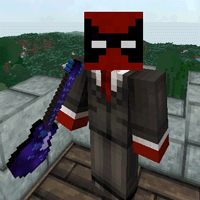mhddfs only writing to first drive
I actually have no idea, I'm up to 94% of the first drive, I'll have a go at duplicating some legally obtained, G-rated movies until I fill it to see what happens.
You can use dd to write some garbage data to the pool as well, if you want:
dd if=/dev/zero of=/mount/point/of/your/pool/somefilename bs=50M count=10000
Make sure you put the right parameters in for if (input file) and of (output file).
As you may have guessed, /mount/point/of/your/pool/ is the place where you right data to your pool, make sure you don't forget somefilename!! You can name it differently, but if you don't put something there, you'll overwrite your whole storage pool.
/dev/zero is a virtual device that just outputs all zero's.
This command should write 10000 times 50MB of zero's to a file called somefilename in you storage pool mounting pount.
You might need to run this as super user, because you are working with a device (/dev/zero).
Again, make sure to put the correct parameters in! dd is an awesome tool, but it can be quite dangerous.
Alternatively, you can indeed just duplicate some movies.
btw, thankyou for your debian home server walkthrough, your posts on this forum have been a massive help, and you've really eased the learning curve for linux noobs like myself.
Thank you! It means a lot to me that someone actually uses it ![]()


















Create an account or sign in to comment
You need to be a member in order to leave a comment
Create an account
Sign up for a new account in our community. It's easy!
Register a new accountSign in
Already have an account? Sign in here.
Sign In Now